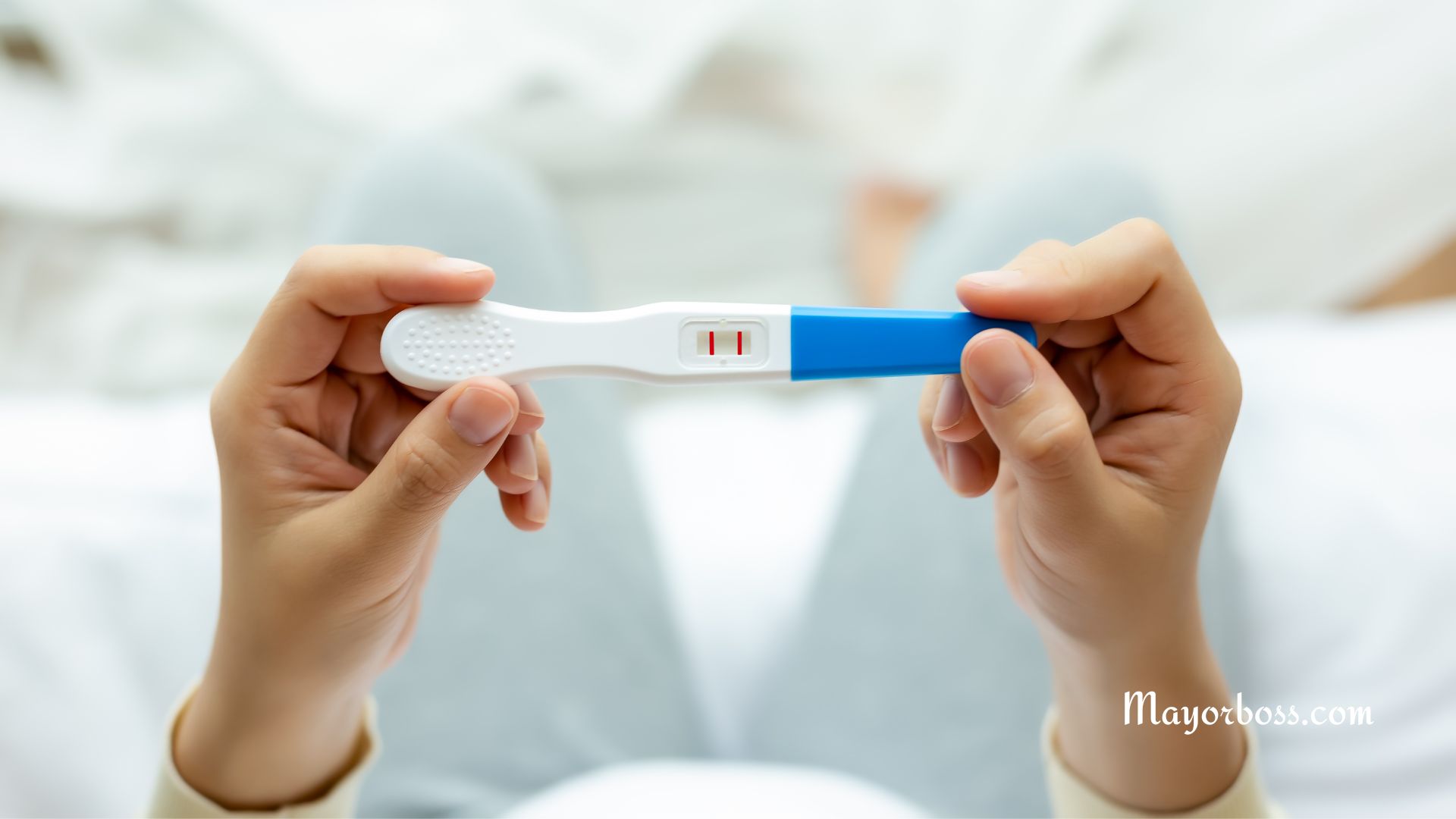When Should You Take a Pregnancy Test?
Wondering if you might be pregnant? One of the most reliable ways to find out is to take a pregnancy test. But timing matters. Taking the test too early or too late could lead to inaccurate results. This article guides you through the best times to take a pregnancy test, the types of tests available, and the factors that can affect the results.
So, When is the Right Time?
Research suggests that the best time to take a home pregnancy test is the first day of your missed period. At this point, the hormone human chorionic gonadotropin (hCG) reaches detectable levels in your urine. However, if you can’t wait that long, some tests claim to provide accurate results a few days before your expected period.

Why the Timing Matters
Why is this timing so crucial? Well, if you take the test too early, there may not be enough hCG in your system to detect. This could give you a false negative result. On the other hand, taking the test too late could mean higher concentrations of hCG, which isn’t an issue for most tests but maybe for some.
Types of Pregnancy Tests
There are mainly two kinds: urine tests and blood tests.
Urine Tests
You can do these tests at home. They’re convenient, quick, and easy to use. Typically, you’ll either urinate on a stick or into a cup and then dip a stick into it. After a few minutes, you’ll see the result. Some tests are more sensitive than others, so they can detect pregnancy earlier.
Blood Tests
These tests are performed at a healthcare provider’s office. They can detect pregnancy earlier than urine tests, sometimes as early as eight days after ovulation. However, they are more invasive and take longer to get results.
Factors That Can Affect the Results
A variety of things can impact the accuracy of a pregnancy test. For example, certain medications, diluted urine, or even doing the test incorrectly can lead to false results.
Medications
Research has linked some medications, such as antihistamines and diuretics, to false-negative or false-positive results. If you’re on any medications, consult your healthcare provider for advice.
Diluted Urine
A common mistake is taking the test later in the day when your urine is diluted. For the most accurate results, aim to take the test first thing in the morning when hCG levels are highest.
Incorrect Procedure
Following the instructions is key. If you don’t, you may not get an accurate reading. So, make sure to read the directions carefully.
In summary, the best time to take a pregnancy test is the first day of your missed period for the most accurate results. Both urine and blood tests are available, each with their pros and cons. And don’t forget various factors can affect the outcome, so always follow the instructions and consult a healthcare provider if you’re unsure.
Frequently Asked Questions
Can I Take a Pregnancy Test at Any Time of the Day?
While you can technically take a pregnancy test at any time, it’s generally recommended to do it first thing in the morning. Your morning urine has the highest concentration of hCG, which makes it the best time to get accurate results. If you test later in the day, your urine might be diluted, reducing the chances of the test detecting hCG.
What if I Get a Negative Result but Still Feel Pregnant?
If you get a negative result but still suspect you’re pregnant, don’t panic. You might have taken the test too early, or there could be other factors affecting the result. Wait a few days and try taking another test. If you’re still uncertain, it’s a good idea to consult your healthcare provider for a blood test, which is more sensitive.
How Long Should I Wait to Take a Test After Possible Conception?
Research suggests that waiting until the first day of your missed period is the safest bet for accurate results. However, some tests claim to be sensitive enough to detect hCG a few days before your expected period. If you decide to test early and get a negative result, you may want to test again after your period is officially late.
Can Medication or Illness Affect the Test Results?
Yes, certain medications and medical conditions can affect the accuracy of a pregnancy test. Drugs like antihistamines and diuretics, as well as certain health conditions like ovarian cysts, can sometimes lead to false results. If you’re taking medication or have a medical condition, consult your healthcare provider before taking a pregnancy test.
Is a Blood Test More Accurate Than a Urine Test?
Blood tests are generally more sensitive than urine tests and can detect pregnancy earlier. While urine tests detect hCG levels at around 20 milli-international units per milliliter (mIU/mL), a blood test can detect levels as low as 5 mIU/mL. However, blood tests are more invasive and take longer to process, so they’re usually reserved for specific situations where early detection is crucial.
Further Reading: Pregnancy Symptoms: What to Expect
